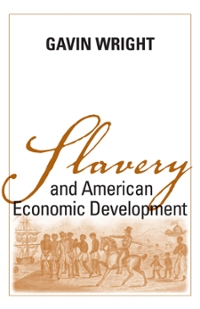Question
Suppose a consumer who has to decide if she wants to go to college or not. If she does NOT go, she will have low
Suppose a consumer who has to decide if she wants to go to college or not. If she does NOT go, she will have low income in both periods, Y1, Y2. If she attends college, she will get a higher wage in the second period Y2 > Y2. In the first period, she will have NO income (Y1 = 0) and, in addition, she will have to pay tuition.
In the first period. She has increasing and concave preferences over consumption in the two periods (C1 and C2)
First, assume that she does not go to school:
1. Write down the dynamic budget constraints
2. Derive the intertemporal budget constraint
3. Show graphically the budget constraint and the optimal consumption point in period 1 and in 2.
Next, assuming she does go to school:
4. Write down the dynamic budget constraints
5. Derive the intertemporal budget constraint
6. In your previous graph, draw the new budget constraint and the new optimal consumption point.
7. Is it good for her to go to school? Under what conditions will she be better off by going to school than not? Explain.
8. If the consumer is able to take out loans in the first period, to be paid back with interest in the second, it is optimal for her to go to school. Discuss the validity of this statement.
Step by Step Solution
There are 3 Steps involved in it
Step: 1

Get Instant Access to Expert-Tailored Solutions
See step-by-step solutions with expert insights and AI powered tools for academic success
Step: 2

Step: 3

Ace Your Homework with AI
Get the answers you need in no time with our AI-driven, step-by-step assistance
Get Started


